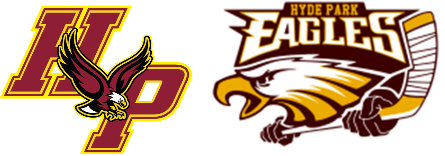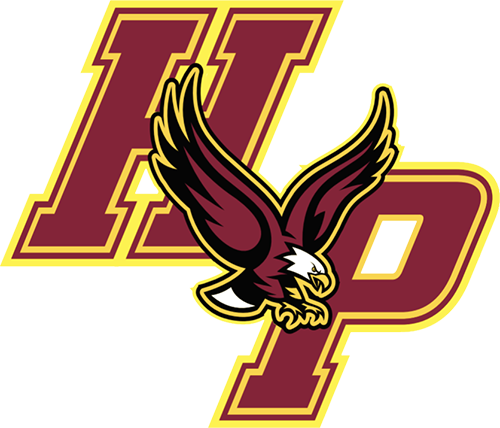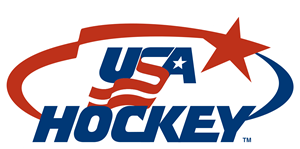

Hyde Park Youth Hockey
Home to the HP Eagles & Lady Eagles
Codes of Conduct
At Hyde Park Youth Hockey, we are committed to creating a safe, positive, and respectful environment for all players, parents, coaches, and spectators. These Codes of Conduct are based on USA Hockey standards and reflect our community’s values of sportsmanship, teamwork, and development.
Hyde Park Youth Hockey follows USA Hockey’s SafeSport Program—zero tolerance for abuse, bullying, or hazing. All adult participants undergo annual SafeSport training and background screening. Our locker rooms are supervised, and we enforce clear reporting procedures to protect every player. For full details, view the SafeSport Handbook.
Players Code of Conduct
Play for fun
Work hard to improve your skills
Be a team player – support and respect your teammates
Be on time for practices and games
Learn teamwork, sportsmanship, and discipline
Know the rules – and always play by them
Respect your coach, teammates, parents, opponents, and officials
Accept officials’ decisions without argument
Be a good sport – win or lose
PARENTS CODE OF CONDUCT
Do not force your child to participate—support their interests and make it fun
Encourage your child to play by the rules and lead by example
Avoid embarrassing your child by yelling at players, coaches, or officials
Support skill development and emphasize effort over competition—especially at younger ages
Know the rules and respect officials—your attitude influences your child’s behavior
Applaud effort and sportsmanship, win or lose
Never yell at or physically discipline your child after games or practices
Recognize and support volunteer coaches
If you love the game, get involved—volunteer!
SPECTATORS CODE OF CONDUCT
Respect officials’ decisions and encourage players to keep trying
Show good sportsmanship to players, coaches, refs, and fans
Act appropriately – don’t taunt or disturb others; enjoy the game together
Cheer good plays from both teams
Use positive language – avoid profanity or inappropriate gestures
Promote fair play and fun
COACHES CODE OF CONDUCT
Be a positive role model—your players reflect your leadership
Use praise and encouragement consistently and honestly
Never yell at or criticize players or officials publicly
Be patient, fair, and respectful at all times
Focus on skill development, confidence, and self-esteem
Run practices that are fun, organized, and challenging
Maintain open communication with players and parents
Prioritize health, safety, and well-being of every athlete
Be prepared with an emergency action plan
Know how to recognize and respond to signs of injury or stress
Help athletes set realistic goals and develop skills beyond hockey
Remember: Winning is a goal, but not the purpose. Focus on growth, effort, and fun!
💙 At HPYH, We All Play a Part
By following these Codes of Conduct, we create a positive, respectful, and safe environment for every player to thrive—on and off the ice. Speak directly with a coach or board member if you have any concerns!
Oops!
You have unsaved elements
Please save or cancel the pending changes to the elements within your page and then try saving again.


